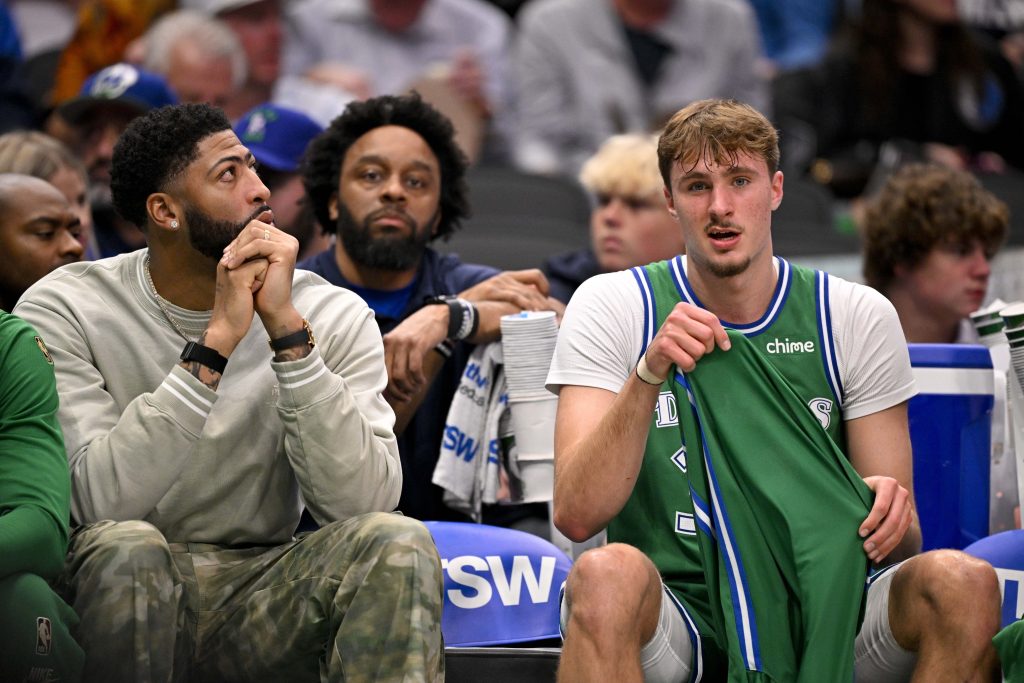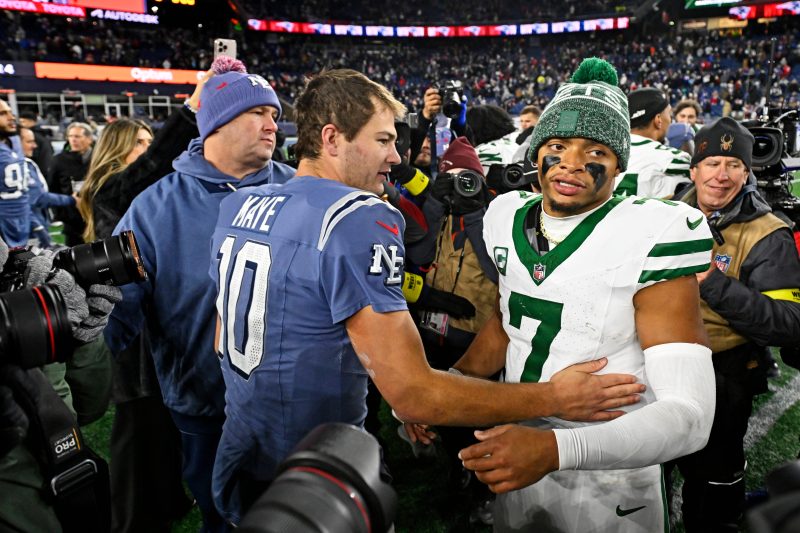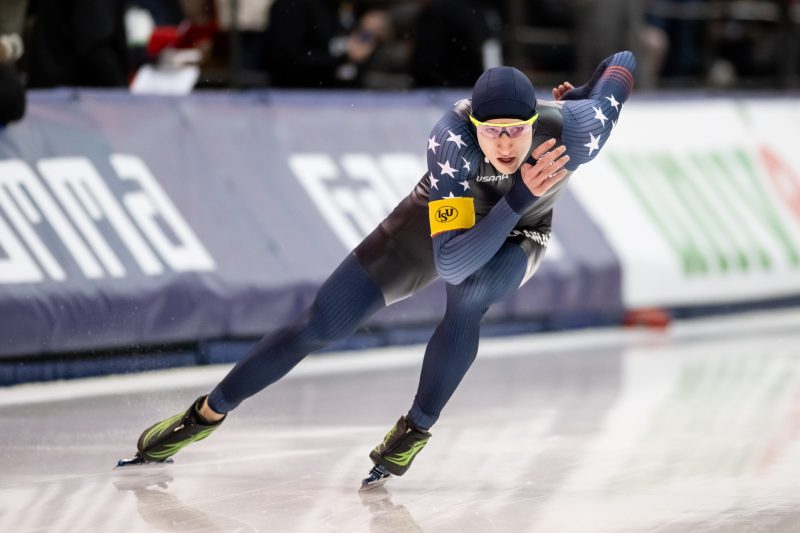What are Mavs doing with Anthony Davis? Reading between the lines

There has been some mixed messaging surrounding the calf injury that has been keeping Anthony Davis away from the Dallas Mavericks.
Davis, the 32-year-old forward-center who was the Mavericks centerpiece in the controversial trade that shipped Luka Dončić to the Lakers, has missed Dallas’ last seven games as he heals from the injury, which he aggravated Wednesday, Oct. 29.
Yet, the team’s response to Davis’ injury may hunt to its future plans with the star player.
The primary concern would be the risk of a debilitating Achilles tendon rupture, which would force Davis to miss a full season, if not more.
After there were a record seven Achilles tendon ruptures last season in the NBA, USA TODAY Sports studied possible factors responsible for the surging incidence of the injury. Among the materials cited was a March paper that found that two injuries in particular, calf strains and plantar fasciitis, could be precursors to Achilles ruptures. The paper noted that this was especially the case when players returned to the floor quicker from those ailments than the general NBA population.
The thinking behind this is that minor injuries could compromise the tendon’s health, and that a speedy return would not allow it to fully heal.
ESPN also reported that there was a disagreement between Davis’ personal medical staff and Mavericks director of health and performance Johann Bilsborough prior to the team’s Saturday, Nov. 8 game against the Wizards. According to the report, Bilsborough expressed concern about risking a more serious injury if Davis was rushed back too soon. Dumont, then, sided with Bilsborough.
According to ESPN, recently fired general manager Nico Harrison had been in favor of Davis making his return.
In response to a message seeking clarification on the matter, the Mavericks reiterated their public stance that Davis is continuing to work through the return-to-play process under guidance from the team’s medical and performance staffs.
The Mavericks are set to host the Los Angeles Clippers Friday, Nov. 14, and Davis is listed as questionable with a left calf strain designation.
On Thursday, Nov. 13, Mavericks coach Jason Kidd said Davis was “progressing” after he completed on-court work.
“He’s doing well,” Kidd added.
What does this all mean for Anthony Davis and the Mavericks?
After Harrison was fired Tuesday, Nov. 11, there was immediate league-wide speculation that Dallas could be entering a rebuilding phase.
Michael Finley and Matt Riccardi were installed as co-interim general managers, and they could opt to ship Davis and other pricey veterans, in favor of draft capital and younger players. This is only magnified further considering that the Mavericks are shifting their offense to have No. 1 overall rookie Cooper Flagg — the youngest player in the NBA at 18 years and 328 days old — as the future face of the franchise.
If Davis is indeed on the trading block, it makes total sense for the Mavericks to rest Davis. Even if he is fully cleared by all parties and there’s no real concern for a further Achilles injury, it would still be prudent for the Mavericks to shut him down until he’s dealt.
Davis has two years left on his contract, with an average annual salary of $58.5 million, per Spotrac.com; he also has a $62.8 million player option for the 2027-28 season.
Simply put: it would be catastrophic for the Mavericks to carry that contract if they want to shop him in a trade and if Davis were to suffer the devastating case of a serious injury.
Pacers guard Tyrese Haliburton, for example, entered Game 7 of the NBA Finals with a calf strain injury before he suffered an Achilles tendon rupture.
Yet, even if the new front office decides that it wants Davis to be a part of the team’s future, patience appears to be the sensible approach. The Mavericks are 3-9 and in second-to-last in the Western Conference, star point guard Kyrie Irving remains out and only the Pacers trail Dallas in offensive rating (104.6).
Either way, this appears to be a lost season for the Mavericks. Firing Harrison was, in effect, the admission of a mistake made with the Dončić deal.
The Mavericks might as well not compound it by making any rash decisions with Davis’ health.







